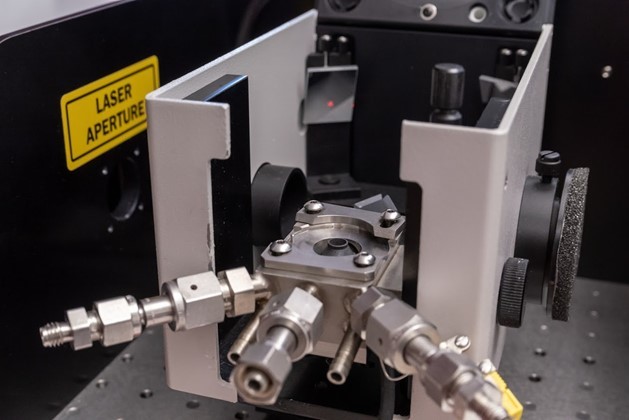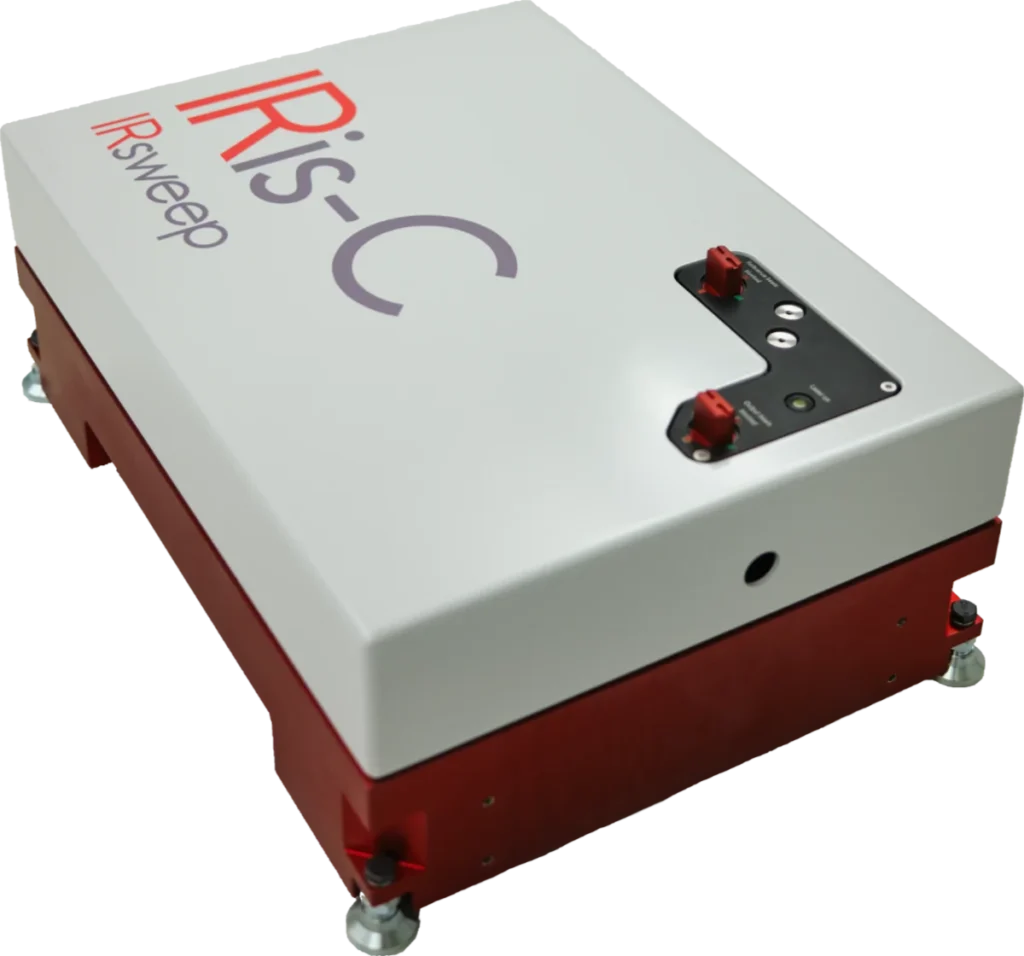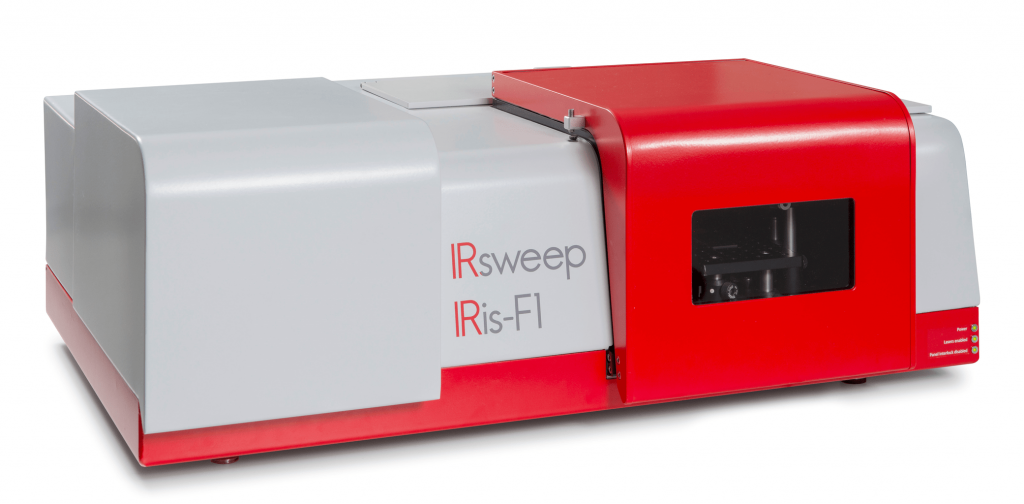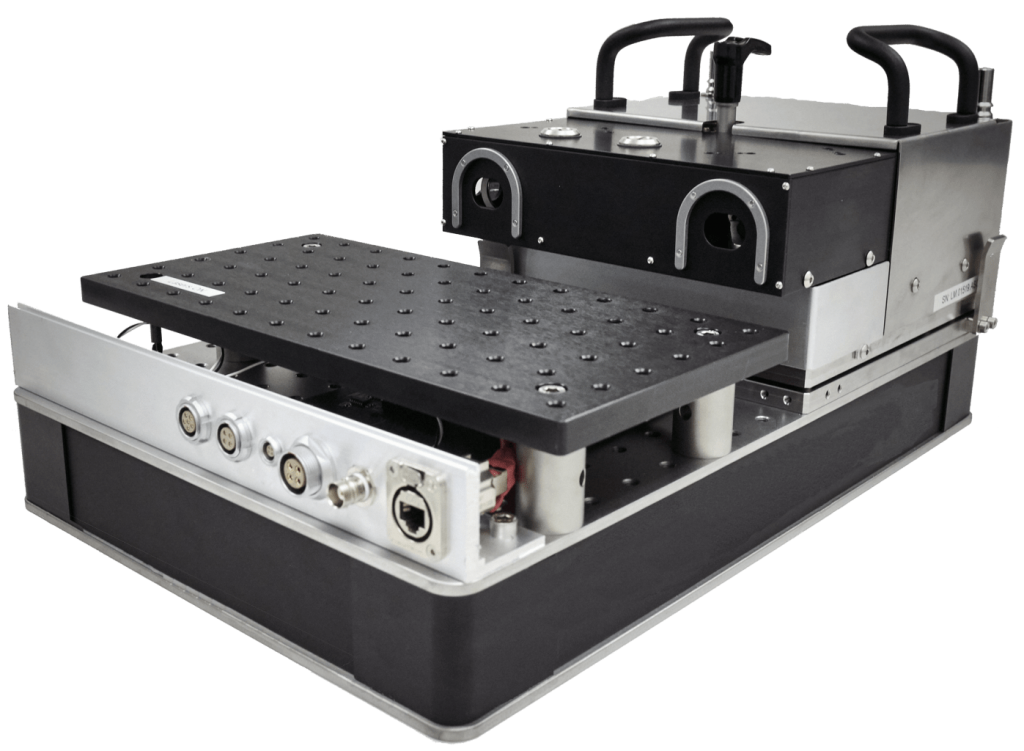Diffuse Reflectance Infrared Dual-Comb Spectroscopy

Heterogeneous catalysis is an important step in many industrial processes. Changes to both the catalyst and the efficiency and pathway of the catalyzed reaction must be probed on a molecular level to elucidate the processes, and allow for the development of improved catalysts and processes.
The current method of choice to study catalysts under dynamic conditions is (operando) spectroscopy. Conventional FTIR is sometimes too slow, while other techniques, such as EXAFS, do not provide information on the state of the whole molecule or require difficult experiments.
Studying catalyst changes, diffusion processes, or surface effects – all these are necessary for a good understanding of catalysis and for future design improvements of both catalysts and reactors. These studies are now available with unmatched time resolution, signal-to-noise ratio, and IR spectral coverage in our table-top setup: the IRis-F1. It is compatible with standard FTIR accessories and can be coupled to DRIFTS cells.
Related application notes
- Diffuse Reflectance Infrared Comb Spectroscopy (DRICS) with microsecond resolution
- Diffuse reflectance dual comb mid-IR spectroscopy for heterogeneous catalysis
See more application notes here.



